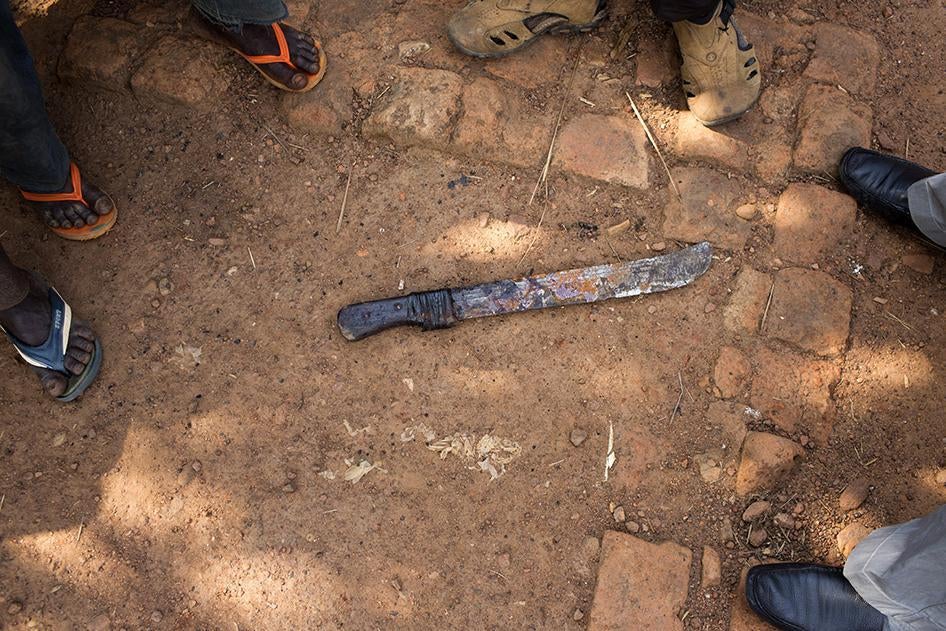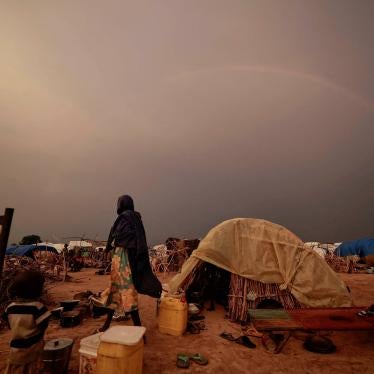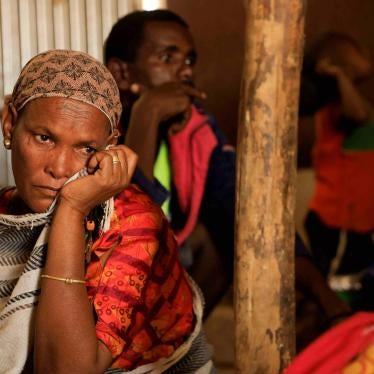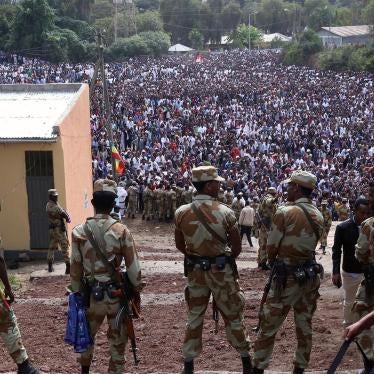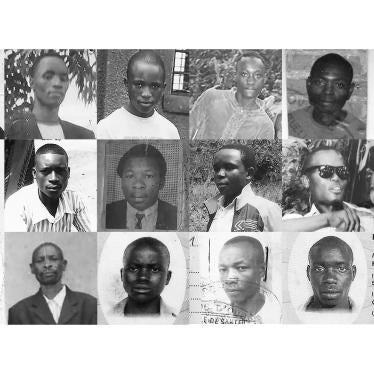On March 30, president-elect Faustin-Archange Touadera will take office in the Central African Republic. His task, to quell the brutal sectarian violence that has torn his country apart, got even harder in recent weeks. Renewed violence in and around Bambari, in the center of the country, has resulted in the deaths of at least 11 people. Without urgent action, there is most likely more to come.
The latest violence followed a familiar pattern. On February 27, a Muslim ethnic Peuhl cattle herder was found dead in Liwa, a village 10 kilometers outside Bambari. The discovery unleashed a wave of violence and reprisal attacks against Christians and others. In Gbouloulou, a village near Bambari, five armed Peuhl shot a woman in the head as she worked in her fields, in view of her 9 year-old son. He and some other children escaped, but two elderly women working nearby were hacked to death by machete. Later, two Peuhl herders were killed while moving their cattle.
On March 9, representatives of a mostly Muslim Seleka group, the Union for Peace in the Central African Republic, and the mostly Christian anti-balaka met in Bambari to denounce the violence. They claimed they wanted peace, but their words rang hollow to many who have heard them say this repeatedly over the past years without reining in their fighters. Dozens of
civilians have been
killed in tit-for-tat reprisals around Bambari since 2014.
Similar killings have become all too predictable in other parts of the country. At least 100 people died in brutal sectarian violence around the Muslim enclave of Kilomètre 5 in Bangui, the capital, between
September 26 and
November 13. Many were civilians, including women and the elderly. They were stabbed to death, their throats were slit, or they were shot at close range.
President Touadera’s new government needs to break the cycles of impunity that drive the violence and make protecting civilians a priority. The outgoing transitional government cooperated with the
International Criminal Court (ICC) and adopted a law to create a
Special Criminal Court with national and international judges to try cases of serious human rights crimes and to hold those responsible to account. A strong endorsement and action plan to support and advance the work of both the ICC and the Special Criminal Court will demonstrate that President Touadera is also committed to ending this violence and to justice for the victims.






